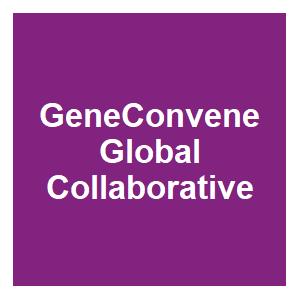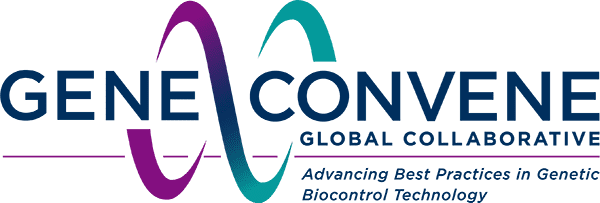Ecological Relationships of Mosquito Disease Vectors: Anticipating Risk Assessment of Gene Drive Technologies

|
Stephanie James, Hector Quemada and David O'Brochta,
GeneConvene Global Collaborative,
2021.

GeneConvene Global Collaborative Webinar Series: Ecological Relationships of Mosquito Disease Vectors: Anticipating Risk Assessment of Gene Drive Technologies April 21, 28, May 5, 12, 19 An often-raised concern for the development of genetically modified mosquito technologies, particularly those involving gene drive, as tools to prevent disease transmission is the limitation of our understanding of the roles these species may play within the ecosystem. This series of webinars begins to explore what is known about the ecological relationships of mosquito vectors with regard to major types of species interactions. The speakers also will describe some of the methods by which potential interactions that may impact human or animal health and the environment can be examined in the context of case-by-case risk assessment and safety testing. There will be 2 speakers per meeting. Each will speak for 30 minutes followed by a joint question and answer session. Not a convenient time? Each webinar will be recorded and promptly posted on the GeneConvene Virtual Institute,
|




